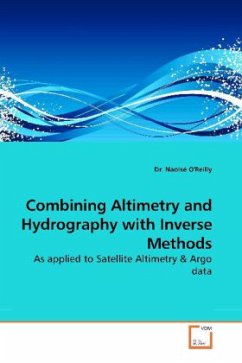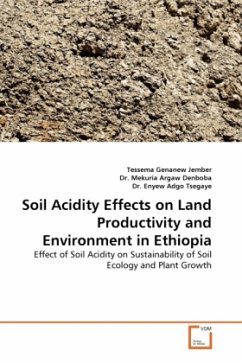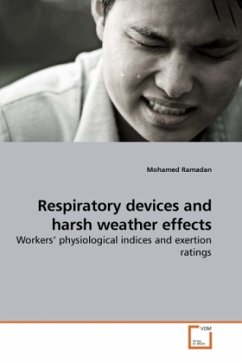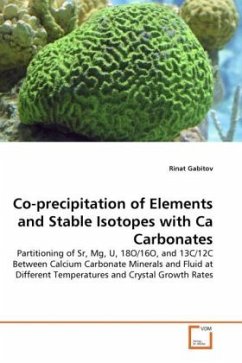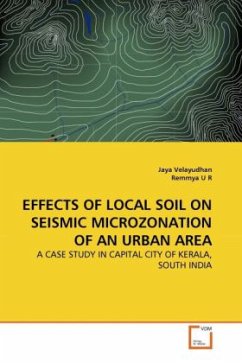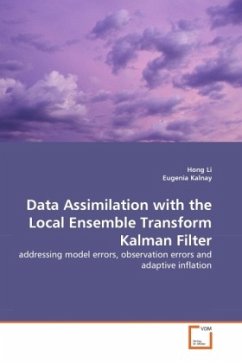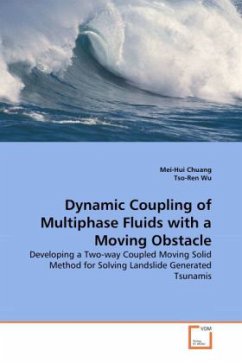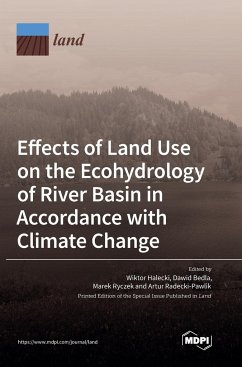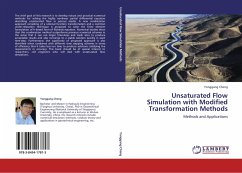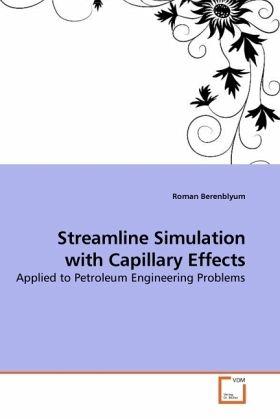
Streamline Simulation with Capillary Effects
Applied to Petroleum Engineering Problems
Versandkostenfrei!
Versandfertig in 6-10 Tagen
45,99 €
inkl. MwSt.

PAYBACK Punkte
23 °P sammeln!
The advantages of the streamline methods are their exceptional simulation speed and less dispersed solutions. However streamlines provide limited abilities, compared to finite-difference simulators. One of such drawbacks is lack of capillary effects, which may be crucially important in heterogeneous and fractured reservoirs. The book starts with an introduction into the fluid flow in the porous media and capillary effects. In the second chapter the mathematical formulation of the governing equations with capillary effects are presented. A Capillary-Viscous Potential (CVP) is introduced as a mo...
The advantages of the streamline methods are their exceptional simulation speed and less dispersed solutions. However streamlines provide limited abilities, compared to finite-difference simulators. One of such drawbacks is lack of capillary effects, which may be crucially important in heterogeneous and fractured reservoirs. The book starts with an introduction into the fluid flow in the porous media and capillary effects. In the second chapter the mathematical formulation of the governing equations with capillary effects are presented. A Capillary-Viscous Potential (CVP) is introduced as a modification to the pressure equation with capillary effects for a better handling of the heterogeneities in the porous media. The saturation equation is solved using the operator splitting method. The third chapter presents simulation results of a number of test cases.The time step selection methods are evaluated. The fourth chapter investigates the zone of application of the streamline simulator with capillary effects. Finally conclusions are drawn and possible research topics for the future are briefly addresses.



